At a frienda??s wedding recently, about halfway through the best mana??s speech, I suddenly realised I was embarrassed about something Ia??d never been embarrassed about before.
Back in the late 1990s, when my family lived in the Sri Lankan capital, Colombo, my brother and I, still in our teens, took full advantage of the islanda??s enticing surf geography, exploring the reef breaks of Hikkaduwa on the west coast and the endless point break at Arugam Bay Buy phytopharm hoodia gordonii on the east A?Coast.
The journey to Arugam was a bit of a mission, involving a long, noisy overnight bus ride and bleary-eyed stop-and-searches at various military checkpoints on the way into Eastern Province, but at this stage in Sri Lankaa??s history, hostilities between the Tamil Tiger separatists and government forces were at a relatively low ebb, so Arugam, although sandwiched between two parts of the country deemed out of bounds, was considered quite safe. As a result, during the dry summer months, when Colombo and the west coast were battered by monsoonal rains, Arugam was busy with tourists, and in particular surf tourists a?? mostly Australians and a few Brits a?? happy to put up with the gruelling bus journey and basic living conditions in exchange for days on end of perfect, warm-water waves.
Arugam was heaven, but as with all popular surf spots there was a pecking order. When a big set rolled in, the wild-eyed, tangle-haired Aussies living in the jungle on rice, water and whatever bugs they could catch got priority, and everyone else had to wait their turn. There were plenty of waves to go around, but in between sets there was much talk of other spots nearby, almost as good as Arugam but a?? because they were outside the government declared safe zone a?? going completely unridden, day after day, season after season. One of these waves was called Okanda Point, and when my friend Phil flew out from the UK for a little surf safari, we decided wea??d try and ?find it.
The road running south out of Arugam had been closed by the army, so the only way in to Okanda was by boat, and for that wea??d need to find a fisherman who was prepared to take us. Thanks to some subtle enquiries from our friend Gamini, who ran the B&B where we were staying, we found a guy who would ferry us there for a reasonable fee. He hardly spoke any English, so Gamini translated the rules for us before we left: a??Hea??ll take you to Okanda, but no further; he doesna??t want to drop you too close to the shore so youa??ll have to paddle in to the break; hea??ll motor against the current while you surf so he can keep you in sight; and when he starts waving it means hea??s running out of fuel, so youa??ll need to paddle straight back to the boat.a?? We agreed, and ten minutes later, Phil and I were sitting in a little fibreglass skiff, bouncing in and out of a promising five-foot swell and heading a?? technically, at least a?? into a war zone.
Which brings us back to that wedding a?? Phila??s wedding a?? and his brothera??s best mana??s speech. After winding up a choice anecdote about Phila??s early sartorial choices he glugged a bit more champagne and said: a??And then, of course, there was the time Phil and Roger went surfing in a war zonea??a?? Ia??d never had a problem with our Okanda adventure before, but a?? stated baldly like that a?? the whole idea made me cringe. It made us sound like Jeremy Clarkson and AA Gill racing tanks in Iraq. a??Therea??s a war there? Great! Leta??s go and get some extreme kicks!a??
All of a sudden, I felt like the most culturally insensitive guy in the room.
Still, at least Phil and I have the excuse of having been young and naive. Ever since the wedding, Ia??ve become increasingly aware of how the extreme sports industry and associated media are using conflict zones as backdrops for films and magazine articles. Take, for example, this idiotic headline to a recent feature in a national paper about climbing on Nanga Parbat: a??Facing down terrorism on the killer mountaina??. Subtext: climbers are gnarly, but these guys are even gnarlier a?? they climb in a place where terrorists are trying to kill them! Extreme sports are supposed to be about celebrating life, not fetishising death; somehow, somewhere along the line we seem to have forgotten that.
source:
http://www.scotsman.com/lifestyle/roger-cox-extreme-sports-should-celebrate-life-1-3273325
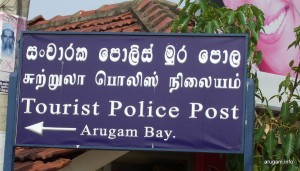
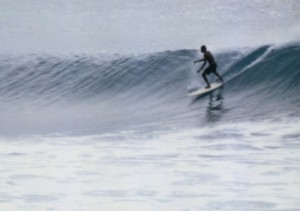

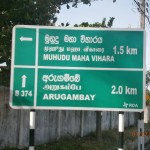
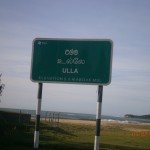
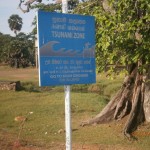


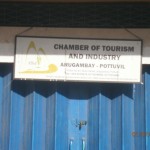

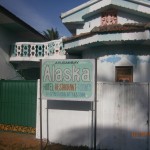
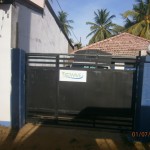

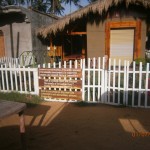
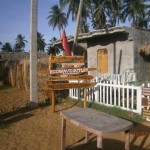
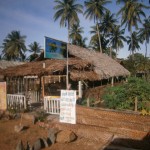
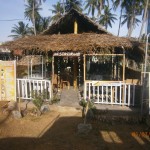
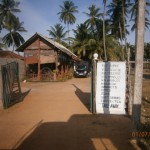
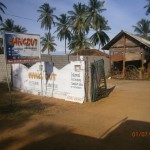
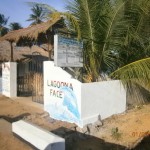
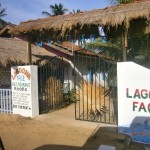
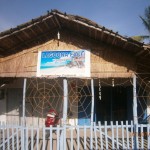

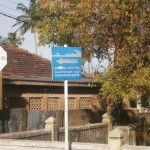
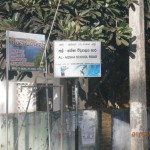

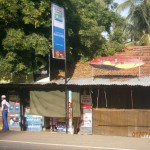
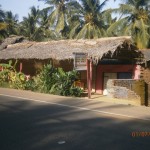
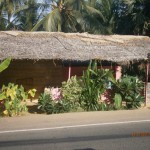
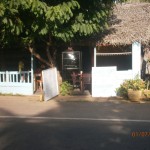

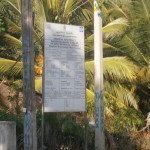


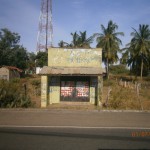
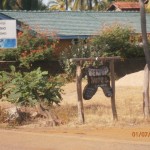
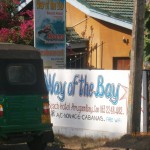
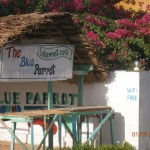
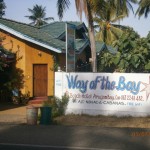

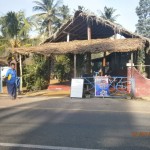
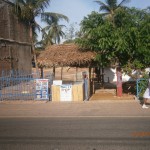
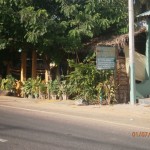

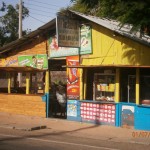

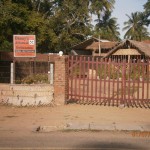

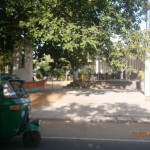
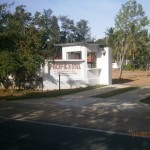
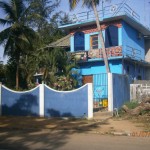

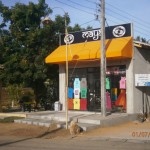

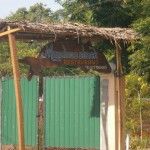

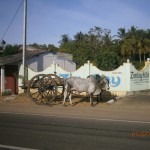


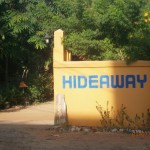
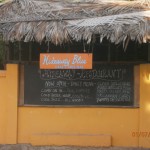
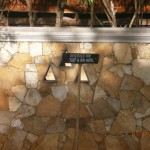

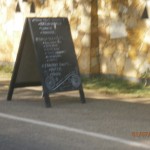
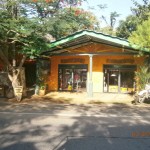

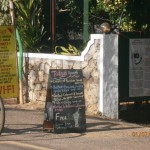
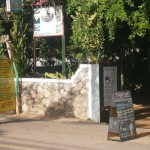

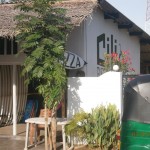
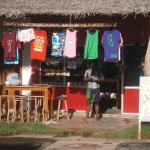




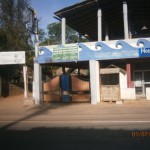




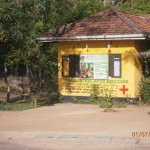
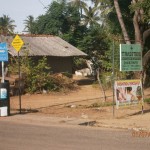
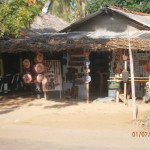
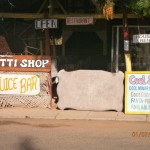
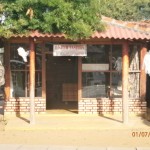
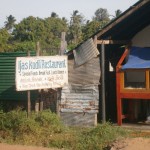
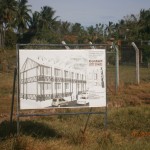


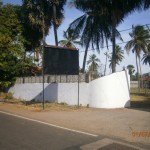
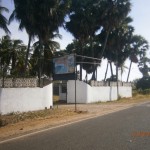
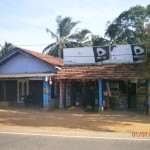


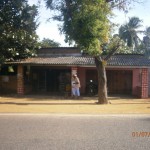




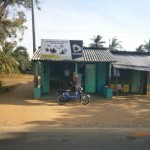


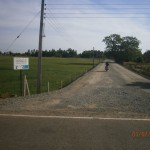
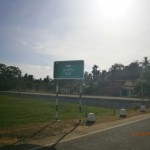

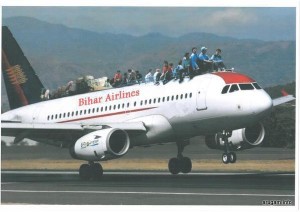

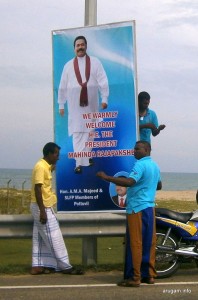
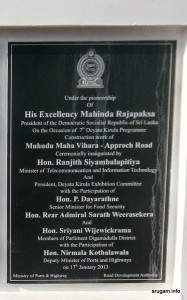
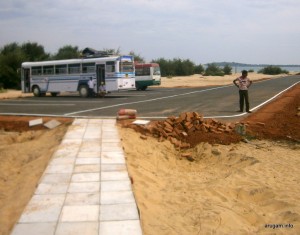
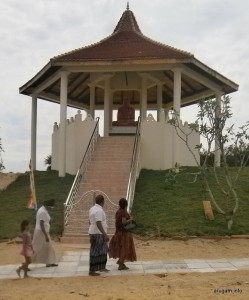
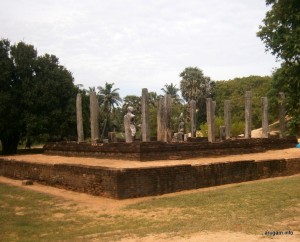
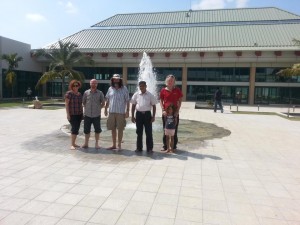

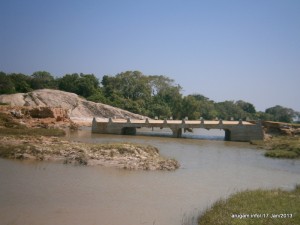
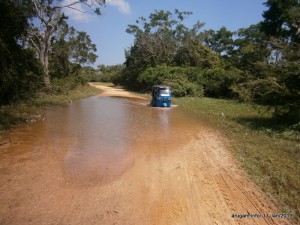
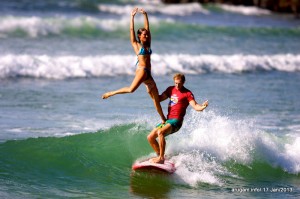
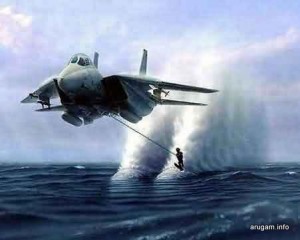
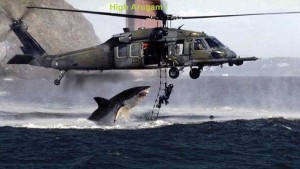

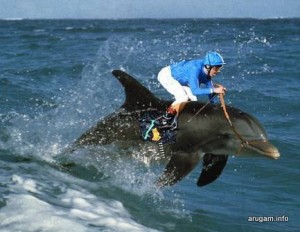
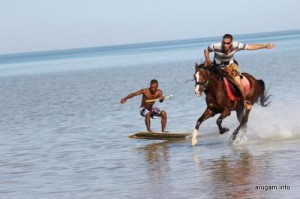
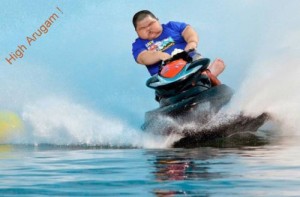










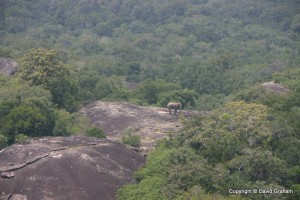




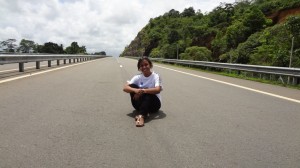

 Arugam Forum
Arugam Forum Arugam Photo Galleries on Picasa
Arugam Photo Galleries on Picasa Old Website
Old Website Press Coverage
Press Coverage Surf Forecast for Arugam Bay
Surf Forecast for Arugam Bay
TODAY’s Comments